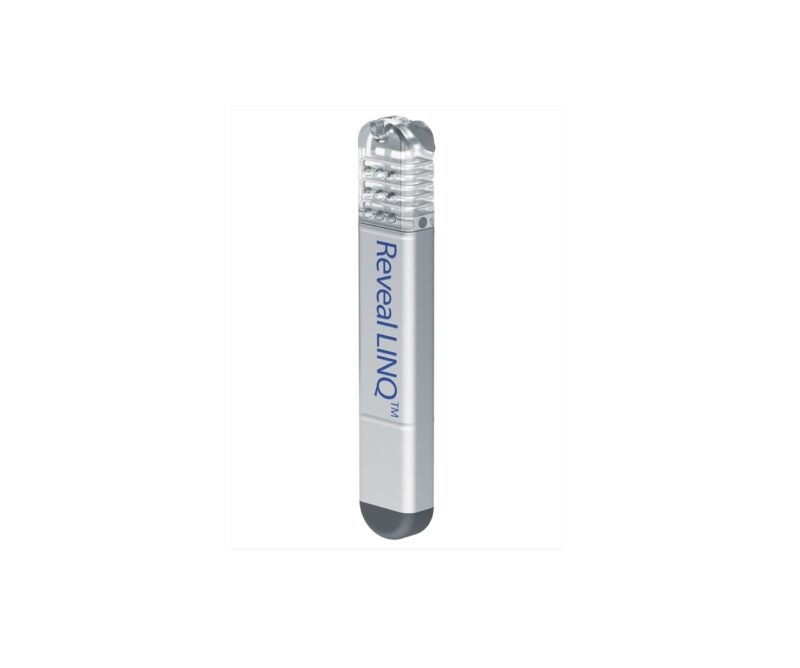
Medtronic has revealed new cost-effectiveness data of its Medtronic Reveal LINQ insertable cardiac monitor (ICM) against the standard of care in continuous monitoring of ischemic stroke patients with suspected atrial fibrillation (AF).
The STROKE AF clinical study found that the Reveal LINQ ICM was substantially more cost-effective than the standard of care in ischemic stroke patients with large artery and small vessel disease.
Medtronic said that long-term continuous cardiac monitoring with its ICM provides superior economic value driven by fewer projected lifetime strokes.
The trial was conducted on 492 patients across 33 centres in the US. Available worldwide, the Medtronic Reveal LINQ ICM was approved in the US in 2014.
The STROKE AF study projected that ICM patients will have 53 fewer ischemic strokes per 1,000 patients throughout their lifetimes than patients receiving the standard of care.
Furthermore, it was estimated that patients with ICMs would gain 0.17 quality-adjusted life years (QALY) at an additional cost of $6,286.
This resulted in an incremental cost-effectiveness ratio of $37,760 per QALY. The amount is said to be far less than the established willingness-to pay threshold in the US of $150,000 per QALY.
The cost per QALY further decreased to $22,016 for ICM patients who are at the highest risk of AF detection, the medical device firm said.
Medtronic cardiovascular portfolio’s cardiac rhythm management business cardiovascular diagnostics and services vice president and general manager Stacey Churchwell said: “This analysis – coupled with the most recent publication of the ACC/AHA/ACCP/HRS Guidelines for the diagnosis and management of AF – reaffirm the importance of insertable cardiac monitors for the detection and management of AF, which can impact secondary stroke prevention.
“The LINQ family of ICMs have not only demonstrated high sensitivity in detecting AF compared to standard monitoring, but now have additional economic value data further strengthening their role in post-stroke care.”
The previous findings from the STROKE AF study showed that large and small vessel disease stroke patients had a increase in AF detection by 10 times with the Reveal LINQ ICM at three years. This is in comparison to patients randomised to receive standard of care.
Additionally, the trial demonstrated that 67% of ICM patients had at least one clinically relevant AF episode that lasted over one hour, while 88% of AF episodes were asymptomatic.


